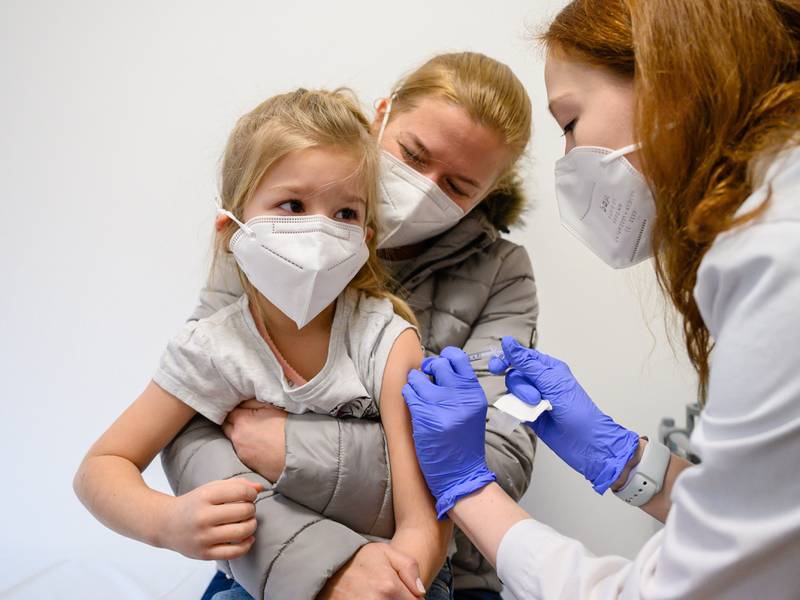Covid-19 infection provides longer protection than vaccination, trial finds

Antibodies induced from a recent Covid-19 infection provide longer-term protection against the coronavirus than vaccination, a study in Israel has found. Research by the Sheba Medical Centre in Ramat Gan, Israel, also found previously infected patients with obesity had a higher and more sustained immune response and protection than overweight and normal weight-range patients.
While protection against reinfection lasts for a long time in Sars-CoV-2 recovered patients, breakthrough infections are increasingly common six months after vaccination with the Pfizer-BioNTech vaccine. The study’s authors analysed the antibody-induced immune response in people who had recovered from Covid-19 for up to a year.
Researchers found that the numbers of antibodies a month after vaccination were higher than those who had recovered from Covid-19 but those numbers declined more steeply in the vaccinated group. What also surprised scientists at the unit was that, against expectations, the antibodies of recovered obese patients were higher than in those either overweight or in a normal weight range.
Obesity was measured by body mass index, with those with a rating of 30 or higher considered obese. The figures suggested people with obesity who had been previously infected were better protected against reinfection than those who were overweight or normal weight and had been previously infected. “People with obesity have a significantly higher and sustained humoral [antibody induced] response following infection,” Dr Cohen said.
Medics in the UAE have reported a large percentage of those suffering from long Covid symptoms also had chronic health conditions, such as obesity, diabetes or hypertension. Of all the recovered patients assessed in the Tel Aviv trial, 42 (36 per cent) experienced long Covid symptoms.
Those symptoms included mental health issues such as depression and anxiety (5 per cent), neurological disorders (9 per cent), cardiovascular conditions (5 per cent) and 31 per cent of patients had some form of respiratory manifestation, like a persistent cough or breathing difficulties. The research has been peer reviewed and will be presented at the European Congress of Clinical Microbiology and Infectious Diseases in Lisbon in April.
